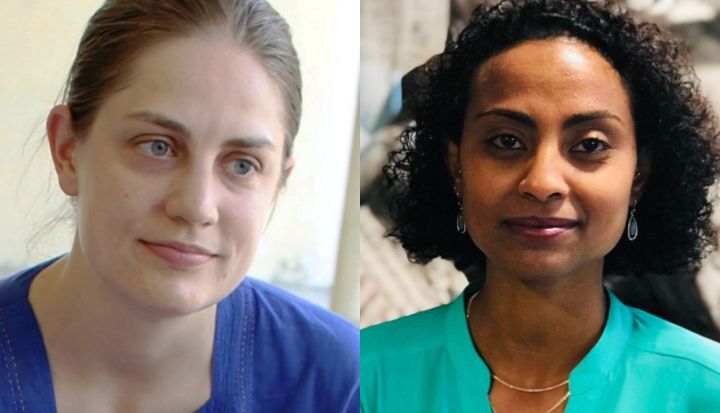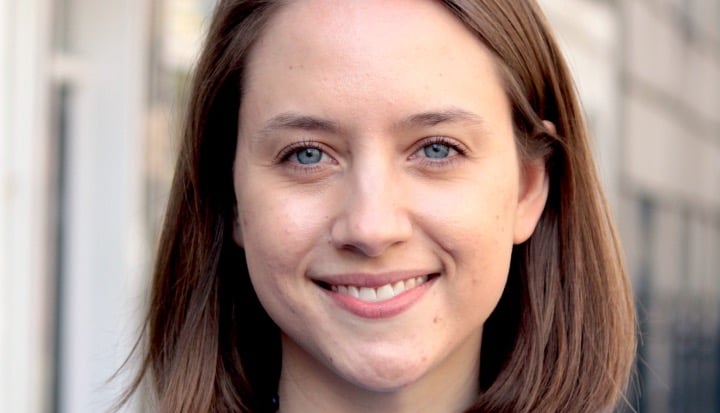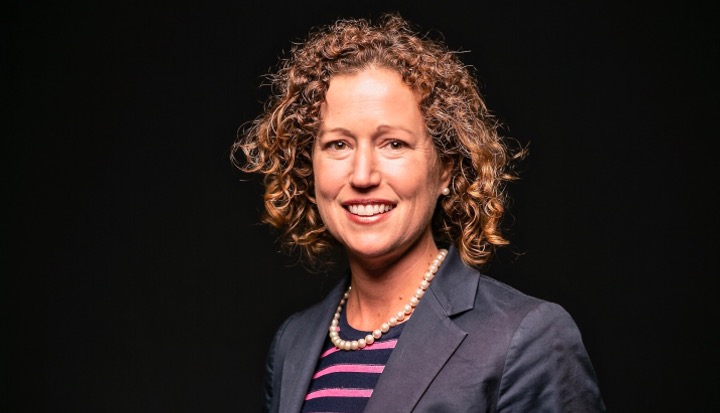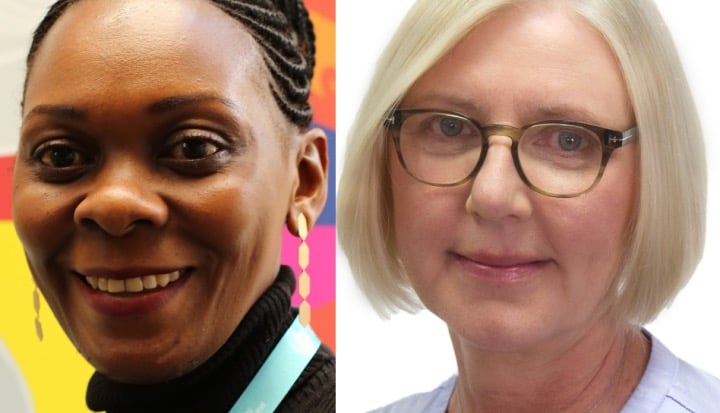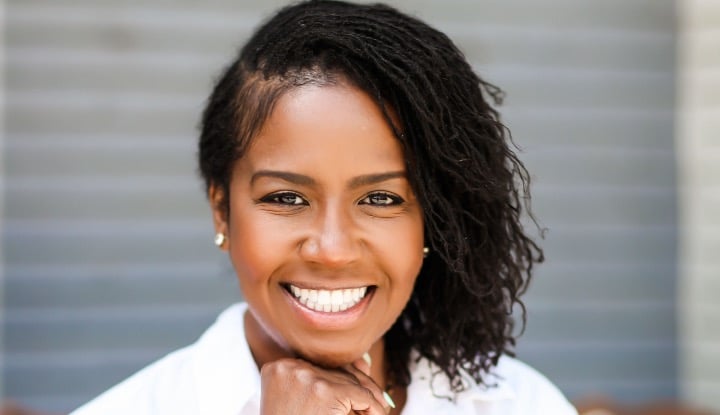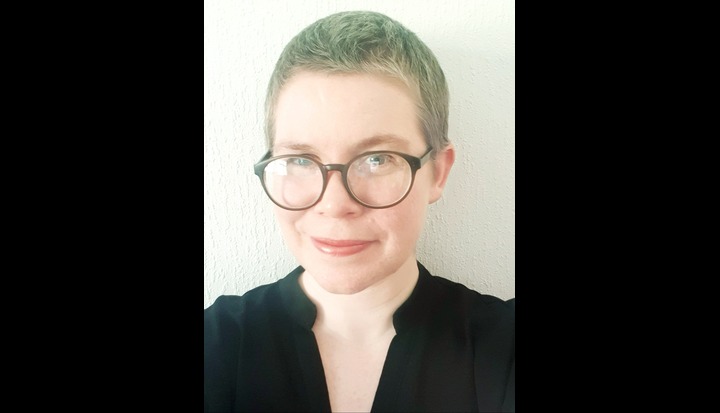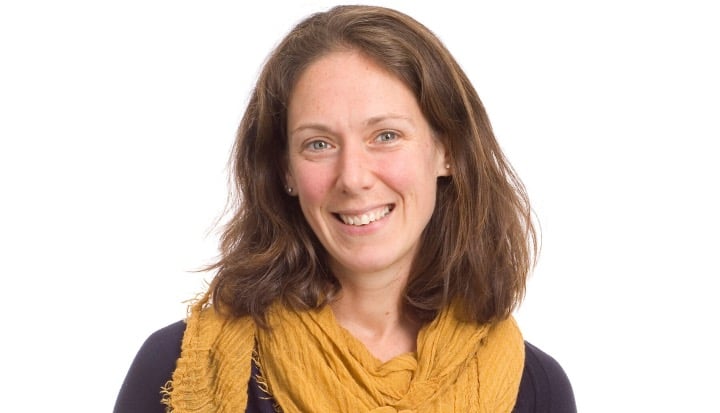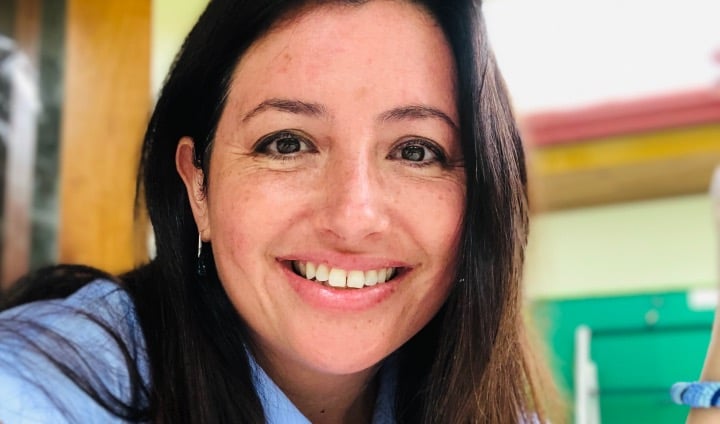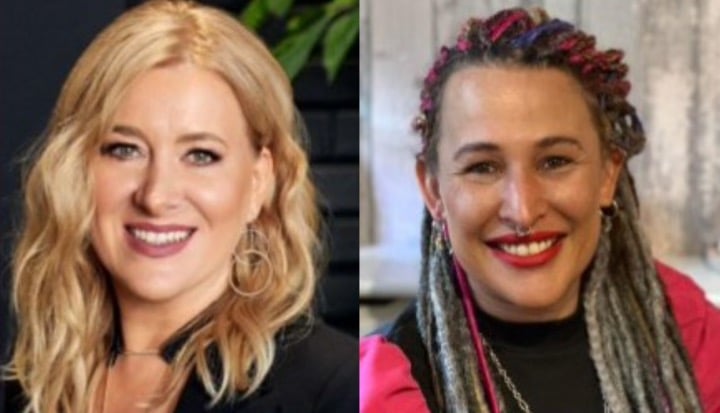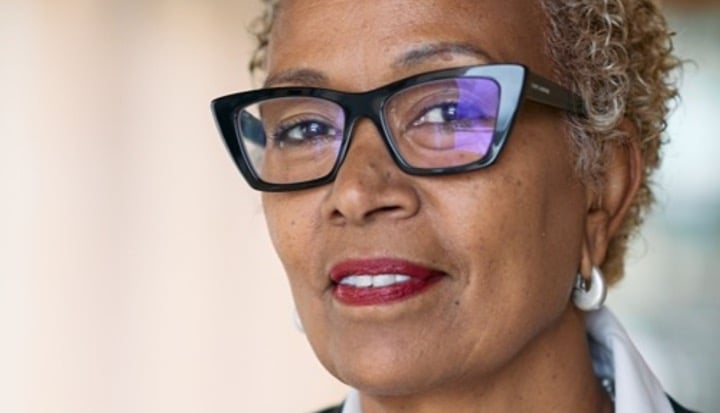During this interview Donal shares more on his new role as Associate Vice President of the Program Management Department at the International Fund for Agricultural Development (IFAD), and why he is convinced by the four Ps: public, private, producer partnerships.
BFP: Tell us about your new role at IFAD?
Donal: Arguably the heart of IFAD’s mission is to eliminate hunger, addressing Sustainable Development Goal number one: to end poverty in all forms and eliminating hunger, Goal two.
IFAD is a bit of a hybrid between a specialized United Nations agency and an international financial institution. We have a large program of loans and grants for developing countries. Our investments focus on creating inclusive rural transformation – to help reduce rural poverty.
Currently, small, very poor rural farmers produce 70% of the world’s food; at a time when the world’s population is increasing by 83 million a year and 80% of the world’s poor live in rural areas. The importance of helping small rural farmers to produce food, to be more productive and to also improve their own livelihoods has never been stronger.
The way we do this is to loan money to countries that cannot otherwise afford rural investment. The money is targeted towards the very poorest and the most fragile, with the aims to: increase productivity of smallholder farmers in the rural areas; to help them access markets, so they can sell their food, get a better price and help supply rural and urban populations; and finally, to enhance their ability to cope with climate change.
Smallholder farmers have always had to deal with changes in the weather, but as we’re seeing climate change is now accelerating. The impact on smallholder farmers who are the most poor and most vulnerable is accelerating too.
My job, is to oversee the design implementation of our whole lending program, which next year will be $1.7 billion of loans.
BFP: What do you see as being IFAD’s biggest challenges and opportunities?
Donal: The world is changing rapidly. It’s not only about issues like climate change, but also globalization, access to markets and rapid urbanization that are impacting rural farmers and the pressures on our food supply.
Small, poor, rural farmers are business people like any others; they aim to make money and to improve the lives of their family, to send their kids to school. But often their challenges include: lack of infrastructure to get their produce to markets – the roads don’t exist; niether do secure land tenure rights or their ability to improve their seed quality which could otherwise improve their farming technologies and techniques.
A key in this is access to finance. Often smallholder farmers need only very small amounts of finance. But no one wants to lend any money to a small, poor, farmer that doesn’t have collateral and that doesn’t have land security.
The huge challenge of climate change is becoming increasingly pressing. The rural smallholder farmers we work with are perhaps least able to adapt, these already incredibly vulnerable people are under threat as are the food sources they are generating.
But there are opportunities too, there are technologies and innovations, which could make a real difference, for example: using digital technology to give farmers access to information: information about market prices, weather and crop alternatives, or innovations in seed varieties and innovations in financing.
IFAD has been particularly involved in these areas. We have been working on group savings programmes where the trials have been so successful that some banks and microfinance institutions have now taken them on. And with Intel Corporation we have teamed up to increase small farmers’ access to information through new Intel software that will help farmers make informed decisions on seed and fertilizer selection, harvest planning and sales management.
But the scale of the need is great. It’s estimated that we will need around $210 billion per year of investment in agriculture if we are to achieve SDG number one and end hunger. It will take $38 billion a year to provide food security alone. The State of Food Security report 2018 showed for the third year in a row, the number of hungry people has gone up in this world. To me it’s completely unacceptable.
Two areas of scale with potential are private sector engagement and partnerships.
Public sector donors cannot provide the sort of money needed. It has to be about partnerships between the private sector, the public sector, and the inclusion of other domestic resources. And businesses have opportunities in these spaces too – not just in financing and supply chains, but also in developing innovations and technology, which in turn create new business income streams.
My previous experience, trying to tackle the Ebola crisis has convinced me that harnessing cross sector expertise and working together is the only way to rapidly find lasting solutions. At IFAD, we talk about the four P’s: public, private, producer partnerships. Four examples from different global regions we are working on:
In Nigeria we are working with a company called Olam on their supply chain. Together we support smallholder farmers to sell their crops into Olam, who in turn guarantee prices and provide additional farmer training.
In Egypt, Heinz are providing training and quality control on tomatoes to large numbers of smallholder farmers working with IFAD. The results show a 33% increase in farmer incomes.
In Indonesia, Mars is working with smallholder cocoa producers, as you can’t produce cocoa for chocolate very easily in large plantations. With Mars we are training on quality and on marketing for the farmers. Mars is providing a guaranteed market price, which again means the smallholder farmers produce a much better quality product and get a much better price for it too.
And finally, in Central Asia, working with farmers, we’ve been able to innovate some of the Kashmir and Mohair natural fibers to create a new product, which is called Cashgora. It’s such high quality that the women producers are able to get much higher prices and likewise we are engaging business to help mechanise the processing, so together we can increase the quantity too.
We can only make real transformations in poverty and particularly rural poverty by bringing the best of both worlds. At IFAD we can be an assembler of finance and an assembler of knowledge. We test things, we adapt, we ensure they work and then we help take them to scale. There’s no point doing things well, in a small way, we’ve got to scale.
BFP: As someone with a CBE for their contribution to international development, what is your advice to others early in their career journey?
Donal: Some people get over excited about the exotic countries or put off by the numbing statistics of international development, but if you can keep remembering the human faces – they will give you the motivation to keep going till you are in a position to really achieve something.
I found that it can be quite difficult to get your first break in development, as in anything else, but my advice is to keep pushing. I think if you believe in yourself and you really have a passion for development, for the human face of the people you are trying to help then keep trying.
But however big or small, I always I hope I can make this world just a little better.
Donal Brown’s Biography:
Beginning his career as a vet before a master’s in tropical animal health led him to the UK’s Department for International Development (DFID), Donald held a number of posts within DFID, including as the Director for Africa, managing 560 staff across the continent. Most notably in 2014, when disaster struck, Donal led the UK task force to find solutions to and fight the devastating outbreak of Ebola in Sierra Leone. For his work during this time, Donal was awarded a CBE.

